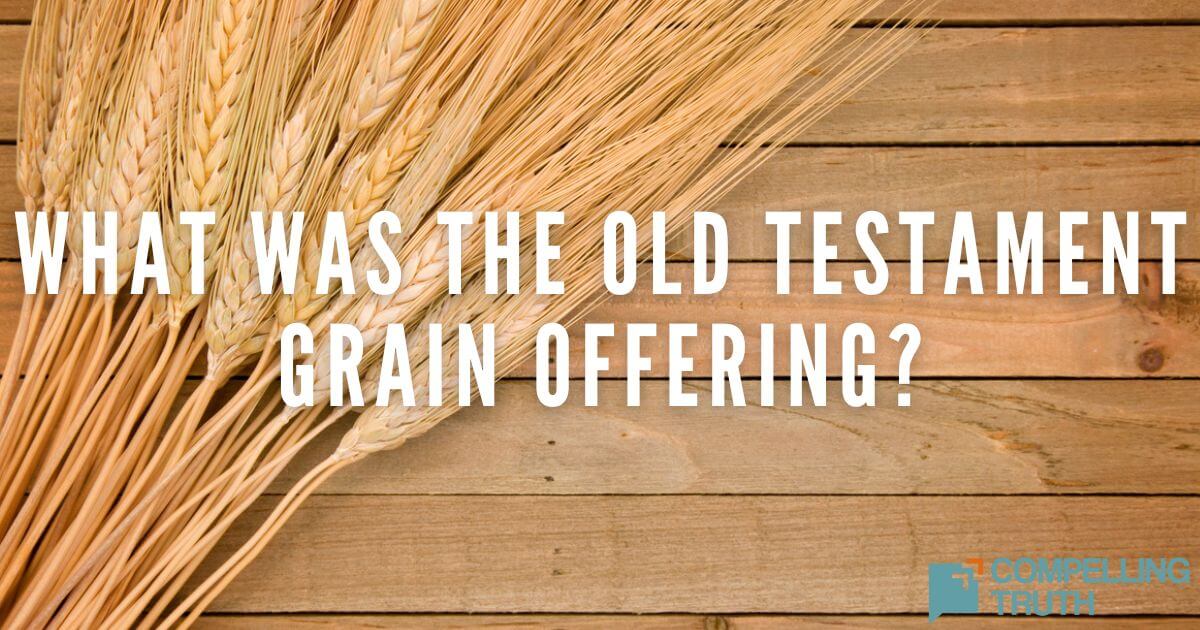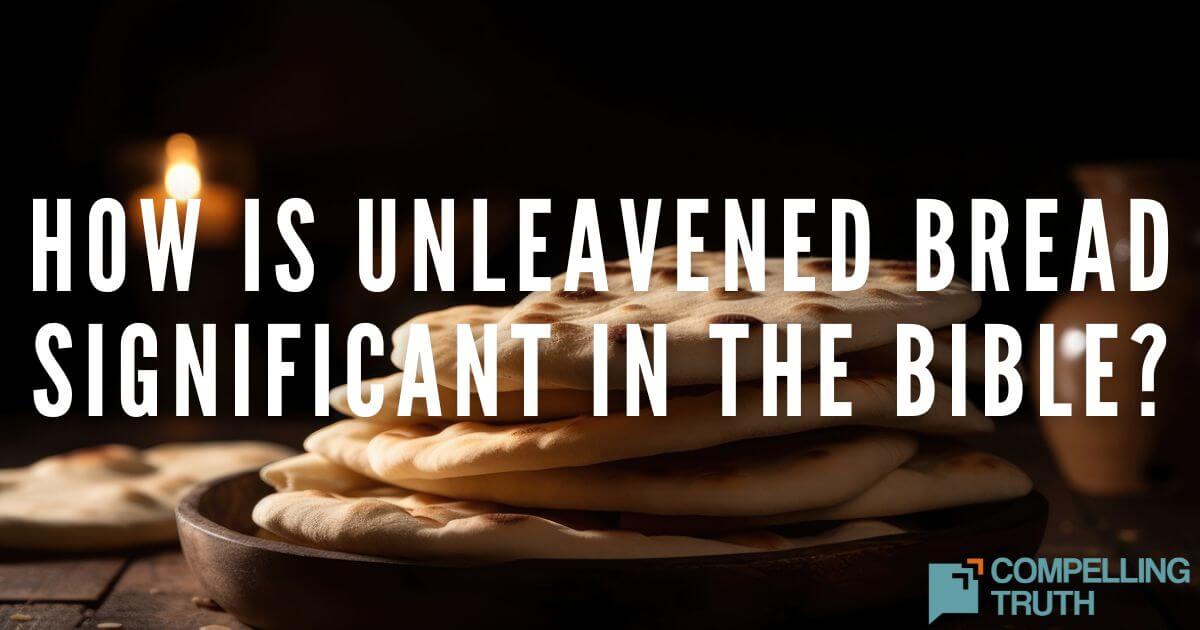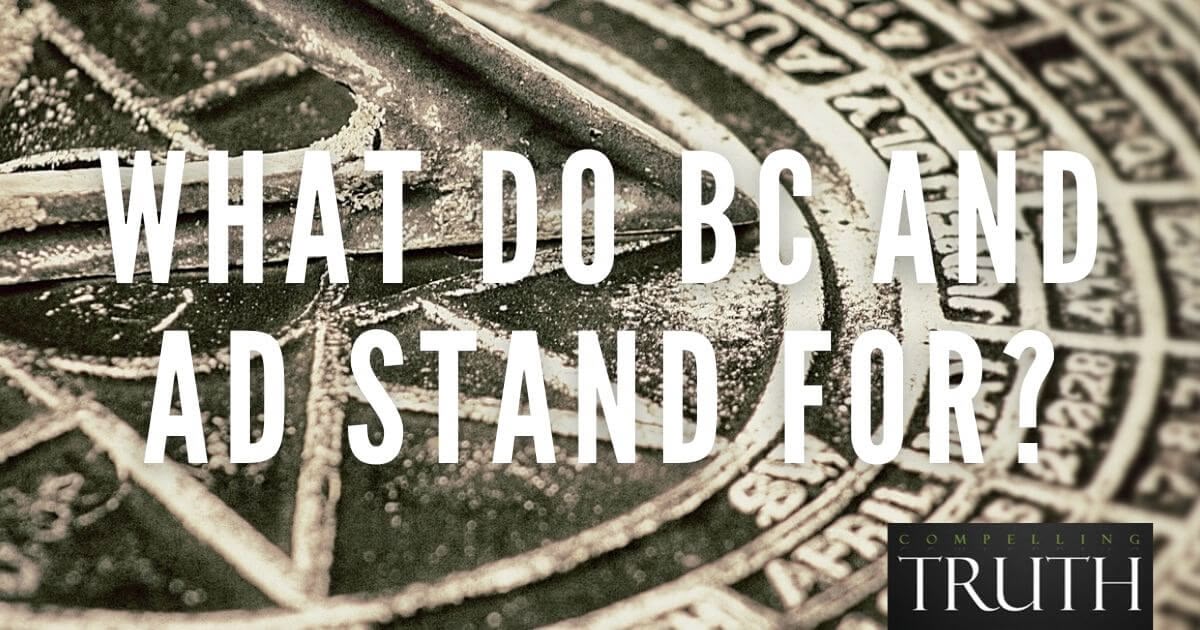In the Bible, the new moon held significant religious and cultural importance for the Jews. It marked the beginning of each lunar month, triggering offerings to God and serving as the basis for scheduling major festivals and feasts. The Hebrew word for "month" (hodesh) literally means "new moon.” Observances included sacrifices, communal worship, and periods of reflection, often accompanied by trumpet blasts and communal gatherings. While these rituals were meant to foster spiritual renewal and community unity, the prophets rebuked empty observance without genuine devotion to God's will (Isaiah 1:13–14). In the New Testament, Jesus Christ's perfect sacrifice fulfilled the Old Testament requirements. Instead of observing the new moon, Christians are called to focus on their renewal in Christ. We are called to live wholeheartedly for God, transcending ritualistic practices.
In the Old Testament, the new moon marked the start of each lunar month, prompting Israel to renew their commitment to God through offerings and celebrations. Similarly, in our lives, we can set aside regular moments for introspection and renewal of our faith. This might include periods of prayer, meditation on Scripture, and honest self-examination to ensure our relationship with God is vibrant and growing. It's a time to let go of past mistakes, seek forgiveness, and move forward with hope and purpose. Just as the Israelites looked to the new moon for a reset, we can embrace the grace and forgiveness offered through Christ along with the hope and purpose that comes with living for Him.
While the specific rituals of the new moon are not observed in Christianity after Christ's fulfillment of the Law, we recognize His role in transforming our lives. Christ's sacrifice fulfills the Law and prophets, guiding us to live according to His teachings of love, justice, and mercy. Our focus shifts from external observances to internal transformation through faith in Christ. We strive to reflect His light in our daily lives, living with integrity, compassion, and humility.




